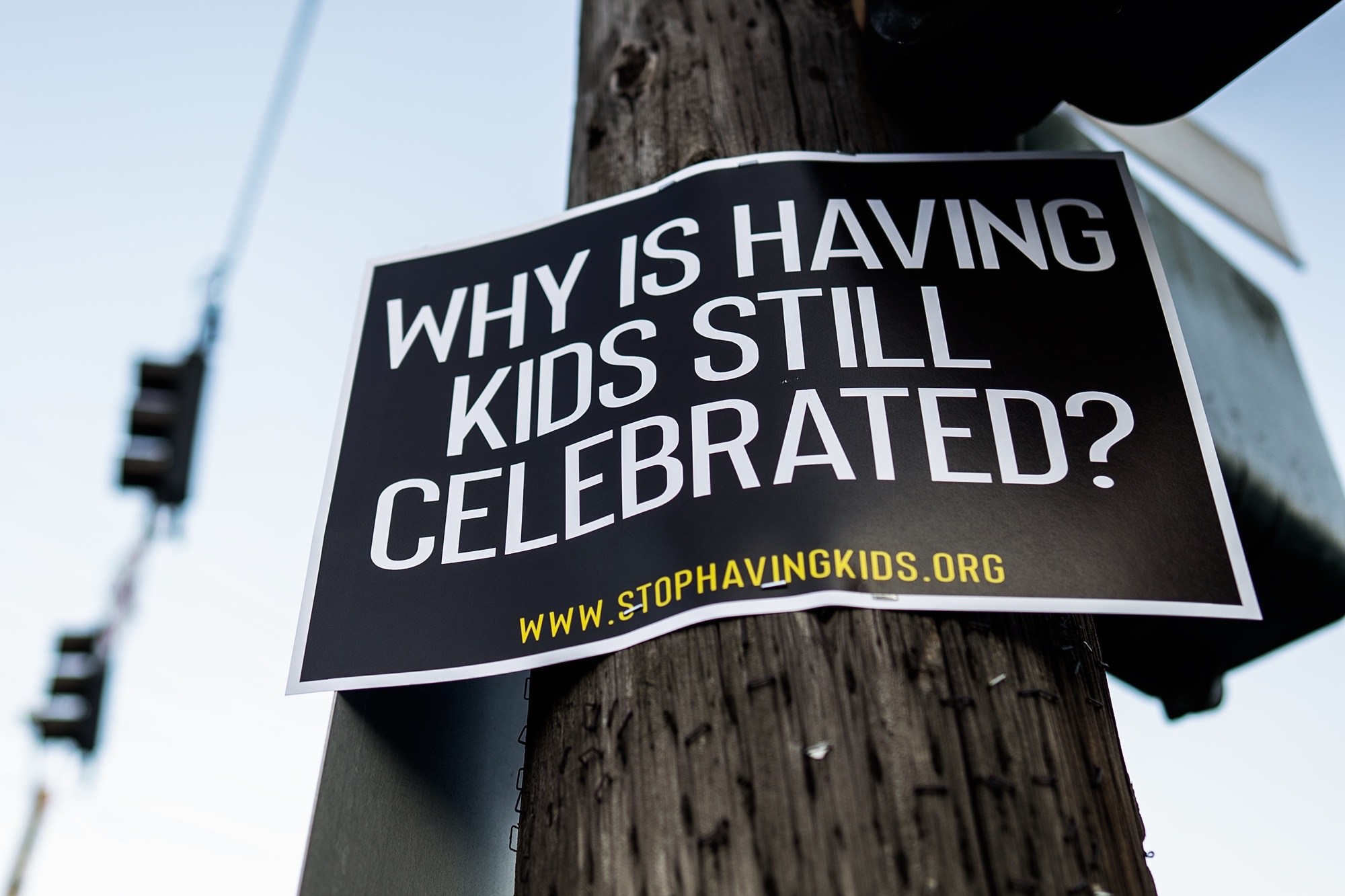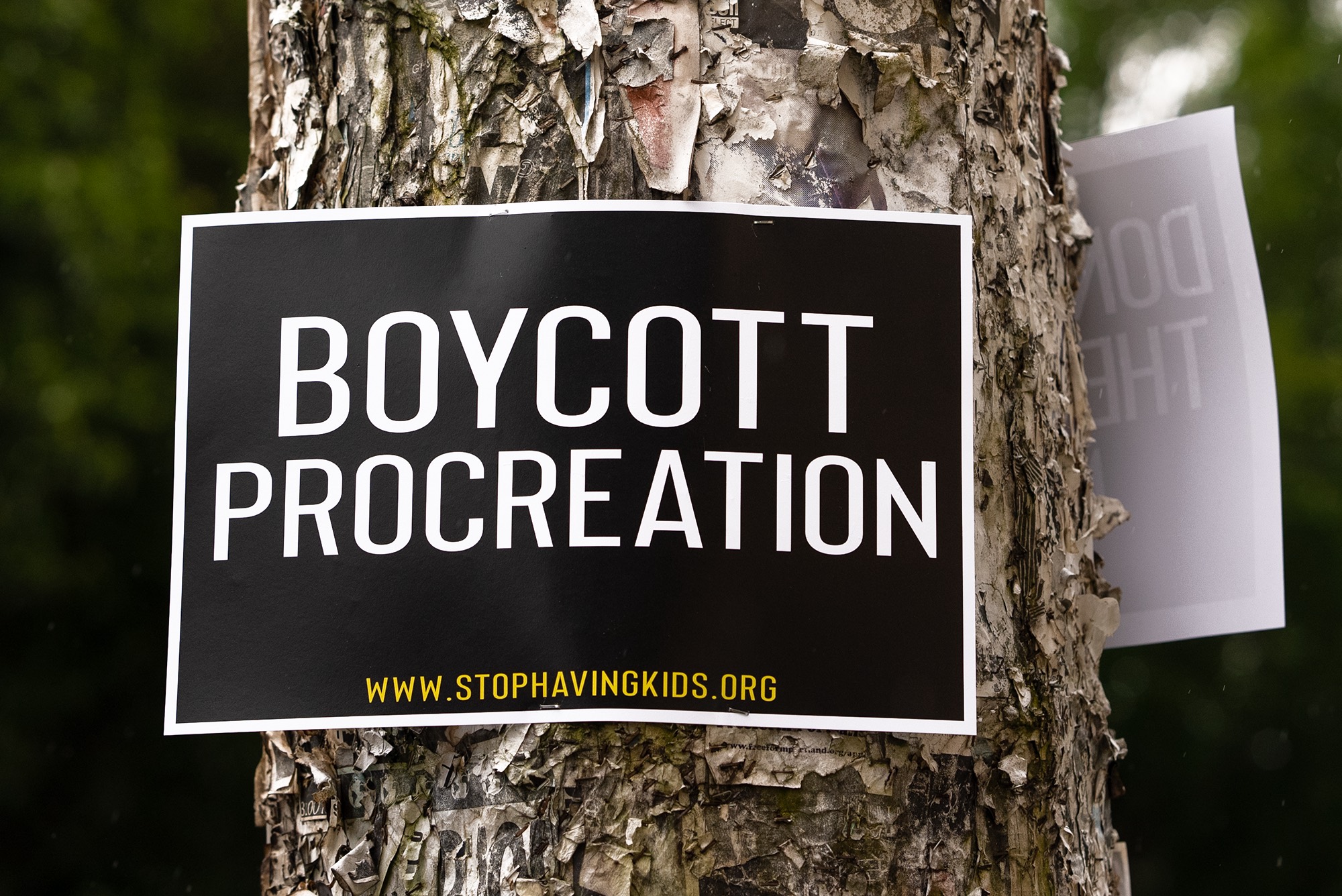Strategy
Abortion is seen as a “female only” issue, but men must be empowered to take responsibility as fathers, husbands, and leaders of the family in protecting the unborn.
Tactics
These are the actionable points that you can use to spread truthful information about the abortion pills.

Teach Responsibility
Teach young men need that if their sperm creates a child, they are a father, and must take responsibility to provide support; emotionally, financially, and physically for his child.

Help Men Embrace Their Masculinity
Help young men recognize they were created by God to be protectors of the family, embracing their masculinity and what it means to be a father and man honoring God and life.

Reverse Anti-Natalism
Reverse the promotion of anti-natalism, recognizing that it is a serious threat to the future of mankind and encourages abortion to fix what they deem are accidental pregnancies.
.
About Fatherhood
Experience and research highlight the fact that the opinion of the father of the child, as well as the father of the pregnant woman, can greatly impact her decision to give birth or abort the baby. Therefore, we must encourage men to embrace fatherhood and reject the culture’s message that they shouldn’t have an opinion about their child’s future life or death.
Family Research Council’s, Center for Biblical Worldview, recently published a wonderful booklet A Man’s Guide to Standing for Life to equip men with practical tips to stand for life. It also inspired Isaac Pilon, a young man interning at the Family Research Council, to write an article titled “Men Need to Step Up and Become Responsible Fathers.” The article captures what his generation struggles with related to abortion and accountability.
Isaac says, “Reestablishing the value of fatherhood is crucial to ending abortion. Exit polling from Ohio’s Issue 1 showed the majority of married men (52%) voted against the law allowing abortion up until birth, while the majority of unmarried men (64%) voted for it. This contrast displays a problematic truth: unmarried men tend to support abortion because it gives them an emergency escape from fatherhood.
Since the covenant of marriage builds a foundation of stability and commitment, men becoming fathers within this relationship more readily embrace the role of protector and provider. Families started out of wedlock, however, do not enjoy these safeguards. Men pursuing casual sex and independence will cower at the thought of parenthood. Even if abortion seems morally questionable to these men, killing their own child seems like a better alternative than giving up their passive, gratifying lifestyle. Abortion advocates often speak of the “sexual liberation” their industry gives to women, yet they rarely talk about the liberation from responsibility it gives to men.
All the same, women desire support in this issue. A recent video on a college campus showed a pro-abortion proponent proclaiming that men should not tell a woman what to do with her body, but also that both the man and the woman are responsible for a pregnancy. She wanted men to be held accountable for their actions, but she was blind to the fact that abortion was the very thing preventing accountability.”


Tactic #1: Teach Responsibility
We hate to see our kids suffer the consequences of bad decisions and so it is tempting to swoop in and bail them out, especially when their actions will impact their future and others as well. An unplanned pregnancy is the kind of circumstance where a parent can feel justified to support abortion as a “necessary evil” to ensure our kids have the best chance at successfully launching into adulthood.
But the truth is, becoming a parent, even at a young age, motivates young people to become responsible adults sooner than their counterparts whose parents help them sweep their sins away along with their unborn child.
Ironically if a woman gets pregnant out of wedlock, it is hard to keep the pregnancy a secret, and often she is held accountable, especially in a Christian settings. The opposite occurs for the father of her baby, as there is no requirement for him to identify as the father of the baby, protecting his reputation and future. Young men need to learn accountability, acknowledging that if their sperm creates a child, they are a father, and must provide support, emotionally, monetarily, and physically for his child.
While it may sound corny, that we need to cast a vision for our sons to emulate their fathers, and become the leader of their future family, Scripture gives us a great role model in Joseph, the earthly father of Jesus. Joseph was the only person Mary could rely on when she gave birth. There was no physician, no midwife, just her beloved husband assisting her. This is the environment God delivered His Son into, so he is a model of what a man should be, at least in God’s eyes.

Additional Resources/Links

Tactic #2: Help Men Embrace Their Masculinity
Empowering young men to embrace their masculinity and role as leader and protector of the family is harder today as the cultural message discourages manly behavior. Role models and a renewed vision of what it means to be a man is necessary to help the next generation of males serve God and mankind.
To address the feminism of men, Nancy R. Pearcey has written a wonderful book called The Toxic War on Masculinity. She explains that becoming a father literally activates a man’s brain: “In the social sciences, it has long been assumed that motherhood is natural but that fatherhood is merely cultural. Anthropologist Margaret Mead famously wrote, “Motherhood is a biological necessity, but fatherhood is a social invention.”
But today that commonplace assumption is being proved wrong. Neuroscientists are uncovering the biological underpinnings of fatherhood. In the first few weeks after a child is born, a father’s biochemistry changes. His level of testosterone goes down, which makes him less aggressive. At the same time, his level of oxytocin rises, which creates a sense of empathy and bonding. The baby’s oxytocin rises as well – so that a biochemical bond is forged between the father and his newborn. Their brains begin to function symbiotically. These benefits accrue, however, only if the father is actively holding and playing with his baby.
As one study found, “Infant contact itself seems to modulate endocrine systems and activate neural circuitry in fathers in a manner that is strikingly similar to that in mothers.”
In short, becoming a father literally stimulates brain growth. Warren Farrell, author of The Boy Crisis, explains: “When a man becomes a hands-on dad, he activates his ‘dad brain’—a nest of neurons that would otherwise remain dormant.” The discovery of the dad brain has revealed how important it is for workplaces to offer paternity leave. When a father holds his newborn baby, his “dad brain” is activated and the quality of their relationship is stronger for years afterward. In his book All In, journalist Josh Levs says men who take paternity leave “are more deeply involved in their children’s lives for years to come”—and, according to the Toxic War On Masculinity, “It is well known that kids with involved dads excel in all areas of life, from their personal relationships to academics.”
Tactic #3: Reverse Anti-Natalism
A disturbing trend amongst young people today shows a growing disdain for the idea of having children. For some who see parenthood negatively, they cite the climate crisis as justification for not wanting to bring children into an environmentally unstable world, but many young folks who don’t want kids believe children are a burden and not a blessing. Promotion of anti-natalism is a serious threat to the future of our society and encourages abortion to fix what they deem are accidental pregnancies.
If you scroll through TikTok, you will easily find videos of young women showing disdain for motherhood, marriage, and family. Having children is being portrayed as a nightmare. Even worse, abortion – the very act of killing children is being glorified. The message that they’re trying to tell young people is that children are burdens and not gifts. It’s no wonder abortion numbers are not going down as we expected.
Star Parker, President of the Center for Urban Renewal and Education, wrote an article noting, “The Wall Street Journal released polling done jointly with NORC (National Opinion Research Center) at the University of Chicago under the headline “America Pulls Back From Values That Once Defined It.” Regarding religion, 39% said it’s “very important to them,” compared to 62% who said in 1998 that religion is “very important.” Regarding having children, 30% said it’s “very important” compared to 60% who said it was “very important” in 1998. Among those under the age of 30, only 23% said having children is “very important.”
Behavior reflects prevailing values. Americans are bringing fewer children into the world. The current U.S. fertility rate is 1.67 children per woman, well below the 2.1 needed to maintain the current population size.”
What kind of repercussions will this rejection of God’s call for man to procreate have on the future of mankind?
Additional Resources/Links
- Having Children is Not Just Okay by Good
- The Gift of Children
- An example of Anti-Natalism: Stop Having Kids




